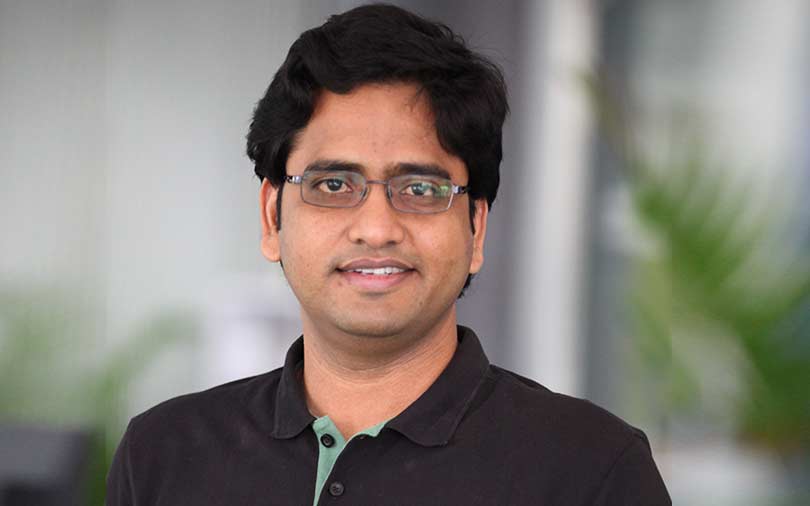
Next major investments in machine learning, AI firms: Zeta’s Ramki Gaddipati


Bengaluru-based fintech services company Zeta India has been investing in Indian companies, besides partnering with banks to strengthen its customer base and product portfolio. Recently, the Bhavin Turakhia-backed company had picked up a minority stake in HR services firm PeopleStrong. Last year, it had struck its debut investment with employee services company ZingHR.
In a conversation with TechCircle, Zeta co-founder and CTO Ramki (Ramakrishna) Gaddipati, a former Directi executive, said that the company will focus more on emerging technologies, such as artificial intelligence and machine learning, while looking at different strategies to expand its offerings. Edited excerpts:
What made you start Zeta?

In April 2015, we started the company with the primary objective to revolutionise a very old tax-saving instrument in India – employee benefits. We decided to leverage technology to change the way salaried employees were using benefit programmes. In the corporate world, a lot of processes were still analogue, and the organisations needed to adhere to certain compliances, such as keeping records of all financial transactions. Most of these transactions were not connected to the back-end banking system. We realised that we could help companies save time, cut costs and add value to certain services by bridging the gap between corporates and the banking world. So, we came up with our products and solutions.
Could you please elaborate on your products?
At the core, we have three buckets of products – employee benefits, banking solutions and spotlight. Under employee benefits, we have three offerings, including tax benefits, Sodexo meal pass and Zeta Express. In January 2016, we forayed into this space with an innovative, cloud-based smart benefits suite, Optima, which includes smart benefits such as digitised meal vouchers, fuel and travel cards, communication cards and medical reimbursements, besides gadget, gifts and LTA cards. In May 2017, just after the government diktat to phase out paper-based meal vouchers, we formed a partnership with our rival Sodexo for meal passes.

While trying to bridge the gap between corporates and banking, we had realised that some of our solutions can be used by banks and launched a separate vertical. Finally, last August, we started providing digital solutions for banks, including digitised employee benefits, among others. We have already partnered with two banks – IDFC and Kotak Mahindra Bank. We had also tied up with the National Payments Corporation of India’s payments platform RuPay to provide digital payments in the corporate sector through our Super Card and the Zeta app, which is available on android.
Other offerings include Zeta Express, a payment solution aimed at making corporate cafeterias cashless. This range includes Zeta Super Tag, Zeta Kiosk, Express Remote Ordering and Zeta Super ID. We also offer a rewards and recognition programme, Zeta Spotlight, which is an one-stop gifting solution.
How much can an employee save tax through your employees’ benefit programme? How big is the client base?

The tax benefits programme helps increase a person’s take home salary by Rs 80,000. In terms of the corporate user base, we have 1,500 companies under our belt with over 1.3 million users clocking over eight million monthly transactions. In December 2016, there was more demand for Zeta’s products, especially after demonetisation. We had a total of 600 corporates and 70,000 users.
What technologies are you using?
All of Zeta’s products are about collecting data and using that data to offer insights into better managing a resource or property inside the organisation. The best example is Express Insights – a deep analytical solution offering corporates and cafeteria vendors with detailed analysis to facilitate better food management and enhance overall cafeteria experience. Data Analytics today is the bedrock of any business. Most companies are nowadays looking at real-time analytics for decision-making, and Zeta’s Express Insights can provide the required data for taking such decisions. Having said that, most of our previous investments have gone into optical character recognition, or OCR, and machine-driven transcription. But our next big investment will be in the areas of machine learning and artificial intelligence. Predictive data analysis as we look to offer better services with more actionable information such as patterned data sets of employee behaviour and an organisation’s spending behaviour.

